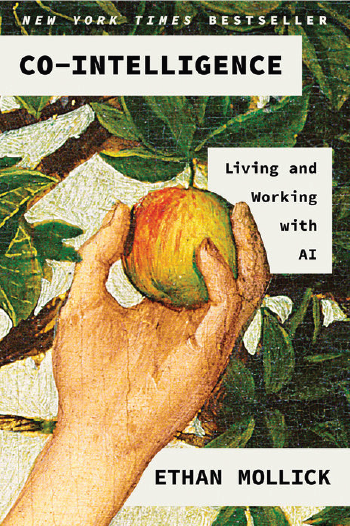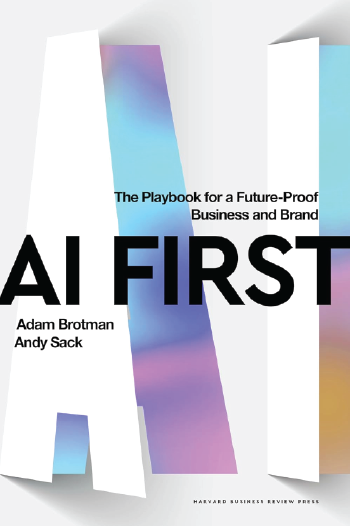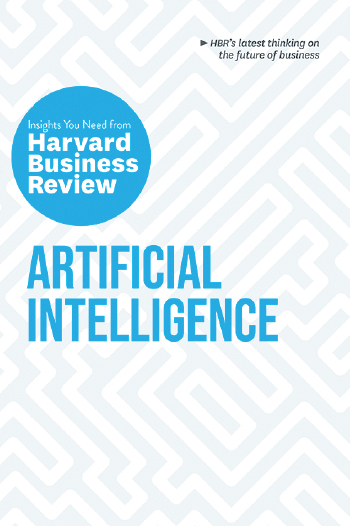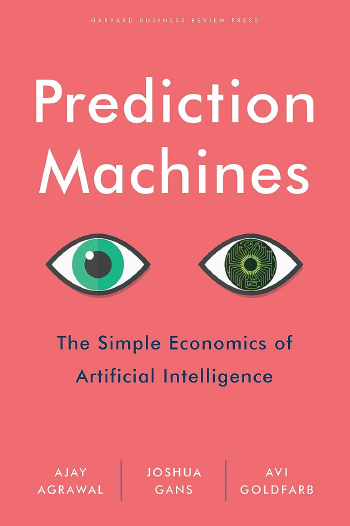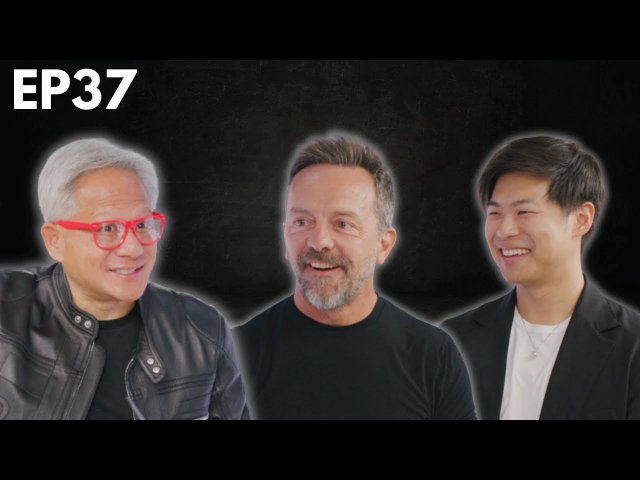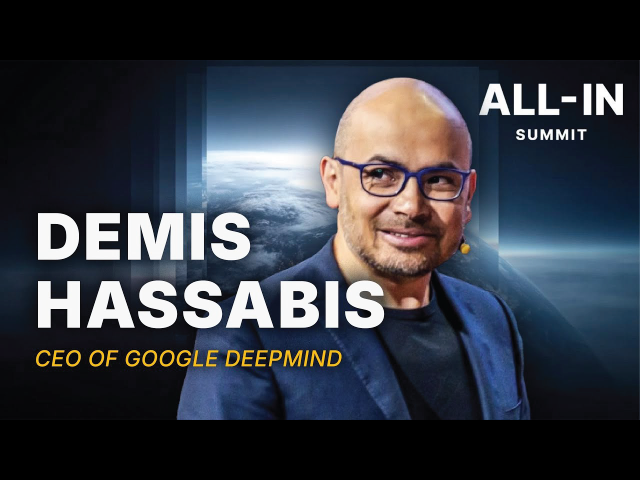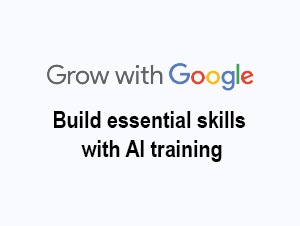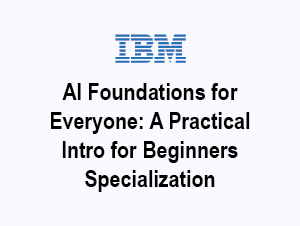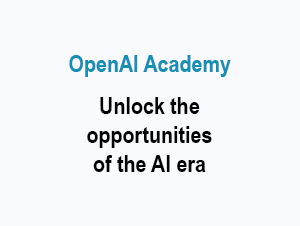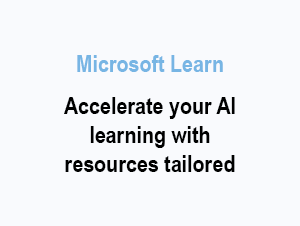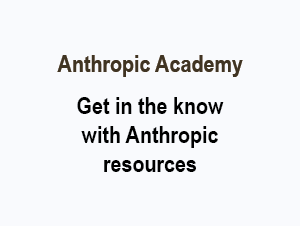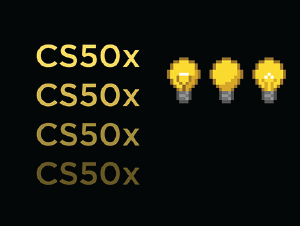Business AI Solutions
Research
Co-Intelligence: Living and Working with AI
In Co-Intelligence, Mollick urges us to engage with AI as co-worker, co-teacher, and coach. He assesses its profound impact on business and education, using dozens of real-time examples of AI in action. Co-Intelligence shows what it means to think and work together with smart machines, and why it’s imperative that we master that skill. ns to think and work together with smart machines, and why it’s imperative that we master that skill.
AI First: The Playbook for a Future-Proof Business and Brand
The authors began a journey of discovery to understand what the transition to an AI first world would mean. You’ll hear from a who’s who of tech visionaries who spoke with the authors, including Altman himself, Bill Gates, and Reid Hoffman, sharing how they’re thinking of the transition to the new reality. You’ll also hear from practitioners bold enough to be surfing this tidal wave of change, including one who audaciously mandated experimentation with AI for all his employees.
AI First: The Playbook for a Future-Proof Business and Brand
The authors began a journey of discovery to understand what the transition to an AI first world would mean. You’ll hear from a who’s who of tech visionaries who spoke with the authors, including Altman himself, Bill Gates, and Reid Hoffman, sharing how they’re thinking of the transition to the new reality. You’ll also hear from practitioners bold enough to be surfing this tidal wave of change, including one who audaciously mandated experimentation with AI for all his employees.
Artificial Intelligence
Older (2019) but the questions and answers are great – and so much of what is covered is still so relevant. From choosing your first AI project, to Why Companies That Wait to Adopt May Never Catch up… some real gold.
Prediction Machines
An updated version of a classic, where we will see that Stephen Hawking was right in saying “Everything civilization has to offer is the product of human intelligence. Success in creating AI will be the biggest event in human history.”
Videos
John Collision interviews Dario Amodei of Anthropic
Amodei addresses the unique challenges of the AI industry, including the continuous exponential growth of models, the “data wall” being overcome by reinforcement learning, and the retention of talent in a competitive environment. Finally, he touches on the importance of thoughtful AI regulation and the need for new product interfaces and development strategies that adapt to the fast-evolving AI technology.
OpenAI CEO Sam Altman talks about GPT5
Sam Altman, CEO of OpenAI, discusses the capabilities of GPT-5, highlighting its advancements in scientific and technical problem-solving, including its ability to generate software on demand. The conversation also delves into the future of AI, touching on concepts like super-intelligence, the challenges of distinguishing real from AI-generated content in 2030, and the potential impact of AI on jobs and society by 2035.
OpenAI CEO Sam Altman talks about GPT5
Sam Altman, CEO of OpenAI, discusses the capabilities of GPT-5, highlighting its advancements in scientific and technical problem-solving, including its ability to generate software on demand. The conversation also delves into the future of AI, touching on concepts like super-intelligence, the challenges of distinguishing real from AI-generated content in 2030, and the potential impact of AI on jobs and society by 2035.
Jensen Huang, CEO of Nvidia, on the future of compute
This video features an in-depth discussion on the future of AI and compute. They delve into the concept of “inference” going up by a billion times, and the shift from general-purpose computing to accelerated and AI computing, which they believe will refresh trillions of dollars of existing infrastructure. Finally, the discussion covers the broader implications of AI, including its potential to augment human intelligence and accelerate global GDP growth, and the importance of national AI infrastructure and attracting global talent.
Demis Hassabis, CEO of Google DeepMind, talks about AI
Google DeepMind CEO Demis Hassabis shared insights into AI, creativity, and the future of science. Hassabis detailed DeepMind’s role as the “engine room” of Google and Alphabet, integrating AI models like Gemini across various products. Finally, he discussed the potential of AI to accelerate scientific breakthroughs, emphasizing its eventual role in fields like robotics and drug discovery, predicting a new “golden era of science” within the next decade.
Demis Hassabis, CEO of Google DeepMind, talks about AI
Google DeepMind CEO Demis Hassabis shared insights into AI, creativity, and the future of science. Hassabis detailed DeepMind’s role as the “engine room” of Google and Alphabet, integrating AI models like Gemini across various products. Finally, he discussed the potential of AI to accelerate scientific breakthroughs, emphasizing its eventual role in fields like robotics and drug discovery, predicting a new “golden era of science” within the next decade.
Training
Learn essential AI training by Google
In-demand AI courses for today’s workforce
AI is changing how we work, offering new ways to make decisions, solve problems, and be more productive and creative. Learn how to harness these benefits with practical AI training and tools from Grow with Google.
AI Foundations for Everyone
This specialization is designed for those with little or no background in AI, whether you have technology background or not, and does not require any programming skills. It is designed to give you a firm understanding of what is AI, its applications and use cases across various industries. You will become acquainted with terms like Machine Learning, Deep Learning and Neural Networks.
Unlock the opportunities of the AI era
People around the world are embracing generative AI to solve complex problems and enhance creativity, productivity, and learning. OpenAI Academy will help them harness AI’s transformative power through workshops, discussions, and digital content – ranging from foundational AI literacy to advanced integration for engineers.
Accelerate your AI learning
Accelerate your AI learning with resources tailored for technical and business roles to support AI skill development for individuals and organizations. Find curated AI training for any level of AI fluency, like designing and customizing agents at scale with Azure AI Foundry, advancing your expertise in managing AI workloads with Microsoft 365 Copilot, unleashing your creativity and productivity with Microsoft Copilot, and more.
Learn more in-depth about AI
Get in the know with Anthropic resources. From API development guides to enterprise deployment best practices, the academy has you covered. Learn more in-depth about AI Fluency, API development, Model Context Protocol and Claude Code. Earn certificates upon completion.
CS50: Introduction to Computer Science
CS50x, offered by Harvard University, is an introductory course to computer science and programming, welcoming students of all backgrounds, regardless of prior experience. It focuses on teaching problem-solving and algorithmic thinking through a curriculum that covers key computer science concepts like abstraction, algorithms, data structures, and more. The course uses languages such as C, Python, SQL, JavaScript, CSS, and HTML. CS50x is the online counterpart of CS50, Harvard’s most popular course.
Services
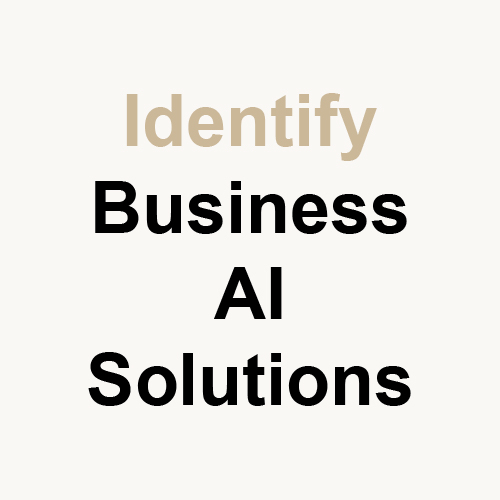
Prioritize Business AI Solutions
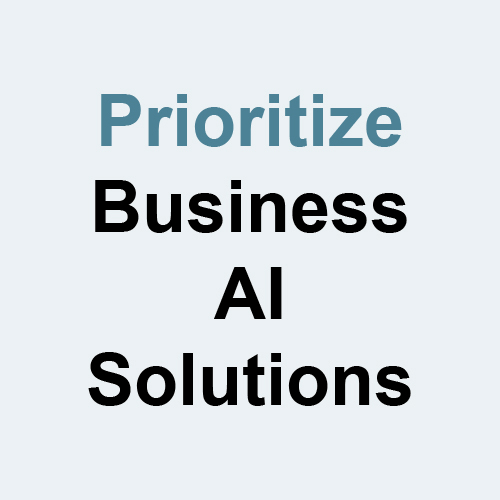
Prioritize Business AI Solutions

Prioritize Business AI Solutions

Prioritize Business AI Solutions

Prioritize Business AI Solutions

Prioritize Business AI Solutions

Prioritize Business AI Solutions

Board / Executive Advisor
(100 hours / year)
Experts
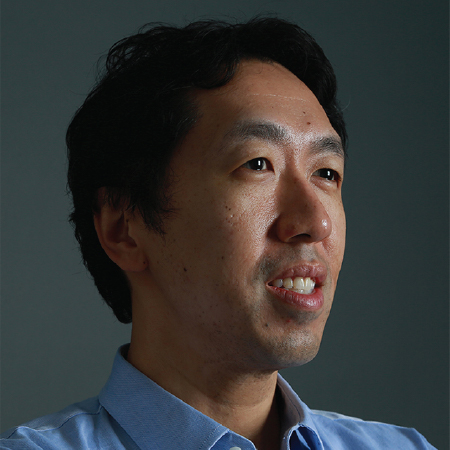
Andrew Ng
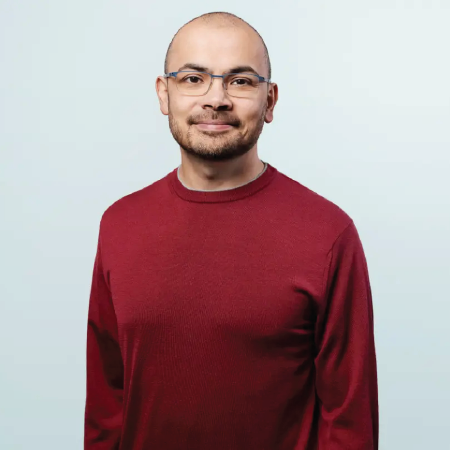
Demis Hassabis

Yann LeCun
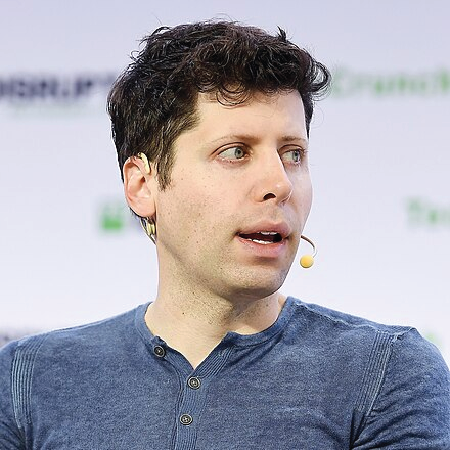
Sam Altman
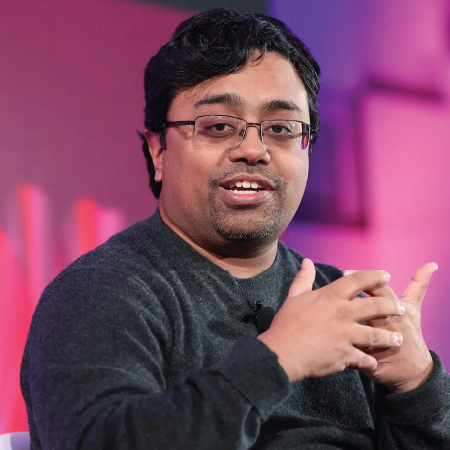
Emad Mostaque
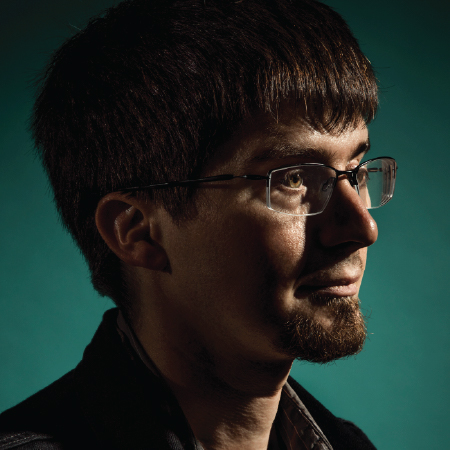
Ian Goodfellow
Working Groups
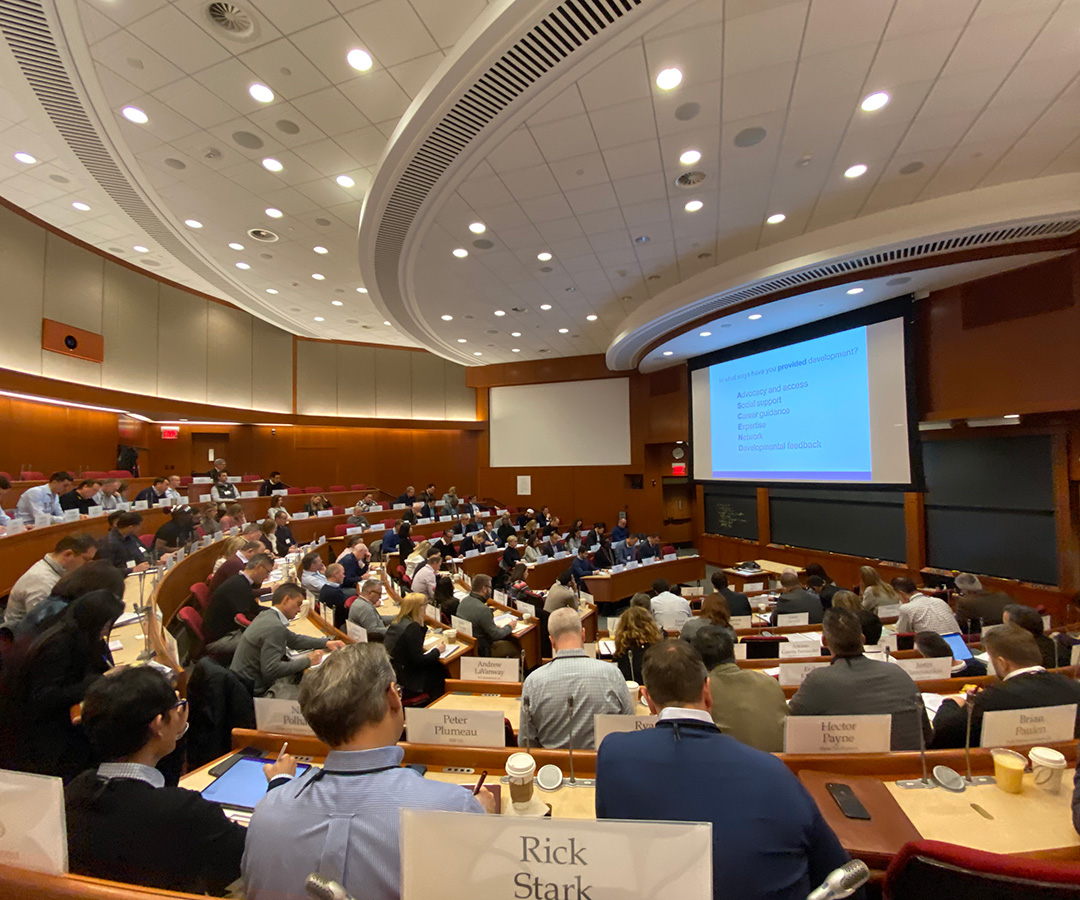
Harvard Working Group
The Harvard Working Group is currently FULL. Some of us who attended the same classes on AI and Professional Services meet to discuss our current AI Projects – and to share ideas on how to find the AI best talent. If you attended Harvard, and work in AI, and would like to chat – contact Rick Stark.
MIT Workings Group
MIT 2023 – 2024 AI Class Working Group. This group is for attendees of the MIT AI courses in the 2023 – 2024 class year. If you were / are a part of this MIT cohort, please contact us if you are interested in joining a group with a few other students.
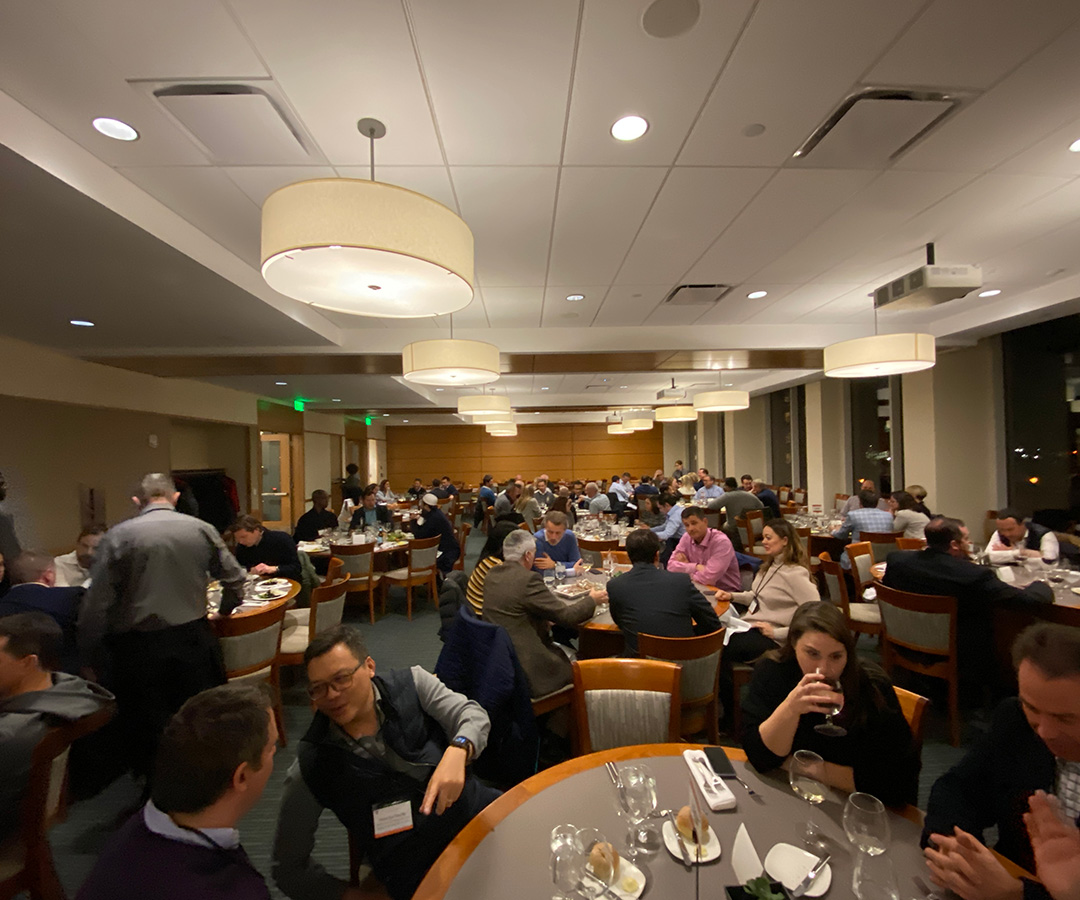

MIT Working Group
MIT 2023 – 2024 AI Class Working Group. This group is for attendees of the MIT AI courses in the 2023 – 2024 class year. If you were / are a part of this MIT cohort, please contact us if you are interested in joining a group with a few other students.

LLM Working Group
The Large Language Model group has wrapped up its sessions. We might be looking to start another LLM group in the future – let us know if you have an interest.
AI and ML Working Group
AI and ML Working Group is forming for Q2 of 2024. Rick is looking to start a new general working group on AI and Machine Learning. We are hoping to get 6 – 8 professionals to meet monthly and compare notes / progress on projects, swap ideas and share thoughts on current AI and ML work.


AI and ML Working Group
AI and ML Working Group is forming for Q2 of 2024. Rick is looking to start a new general working group on AI and Machine Learning. We are hoping to get 6 – 8 professionals to meet monthly and compare notes / progress on projects, swap ideas and share thoughts on current AI and ML work.
